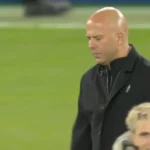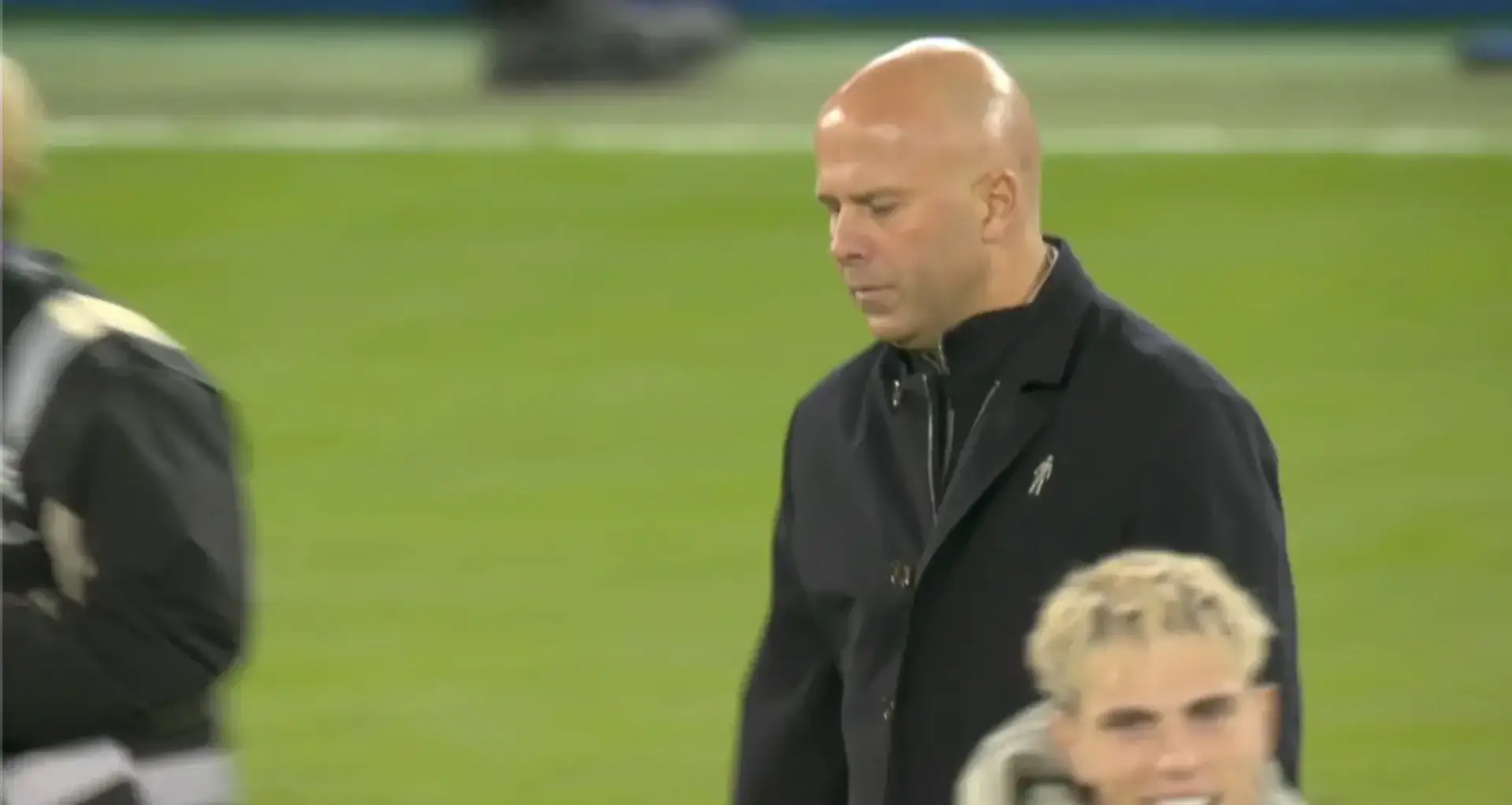The uproar surrounding Liverpool’s latest performance didn’t come out of nowhere. Many supporters are questioning the manager’s judgment, especially regarding the decision to start a player who has repeatedly struggled in high-pressure fixtures. For a match of such magnitude, fans expected sharper instincts, bolder choices, and a lineup built for resilience—not unnecessary risks.
This frustration has now turned toward the manager himself. Critics argue that his inexperience is beginning to show, particularly in moments where decisive tactical thinking is essential. The feeling among many is that Liverpool cannot afford uncertainty or developmental learning curves when the stakes are this high.
On the pitch, the consequences were painfully visible. The team appeared disjointed, the defensive line lacked coordination, and key players looked unsure of their roles. Chances were wasted, momentum slipped away, and the opposition took full advantage of the cracks opening across the field.
Supporters are demanding accountability. They want a leader capable of reading the game, adjusting swiftly, and fielding a starting eleven that reflects strategy rather than experimentation. The sentiment is clear: if Liverpool hopes to move forward in this campaign, they must confront the decisions that are dragging the team backward.
Whether the pressure will force a change or simply spark internal reflection remains to be seen. But one thing is certain—Liverpool fans expect a manager who can rise to the moment, not one who consistently falters when the moment matters most.





